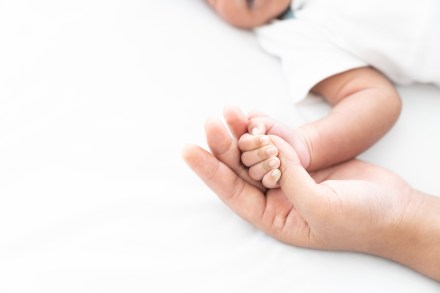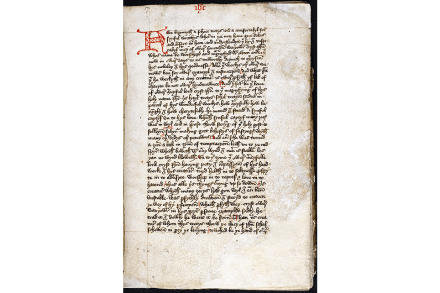The enduring miracle of human birth – a history
One of the most compelling artefacts described in this history of human birth is a stone carving discovered at an ancient temple site in what is now Turkey. The Gobekli Tepe totem pole, 11,500 years old, 6ft 3in tall and weighing 1,100lb, shows successive generations giving birth: a faceless figure at the top delivers a woman, who delivers another woman, who delivers a man, who is ‘proffering his phallus’. The exact meaning and function of this object is long lost, but it is clear that it has something to do with fertility. For as long as humans have had a culture, that culture has been – understandably – concerned with







